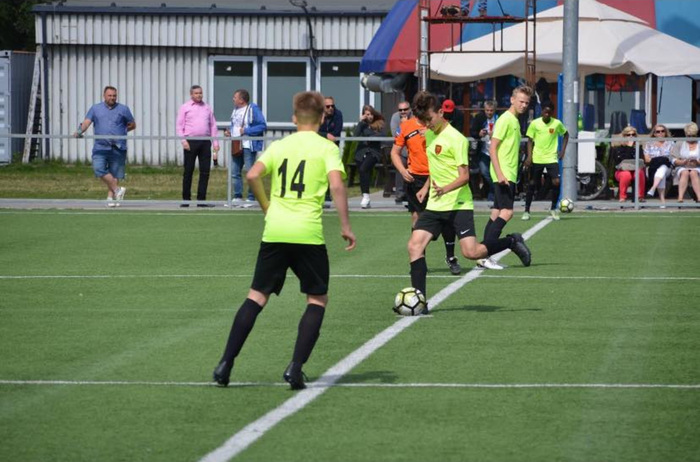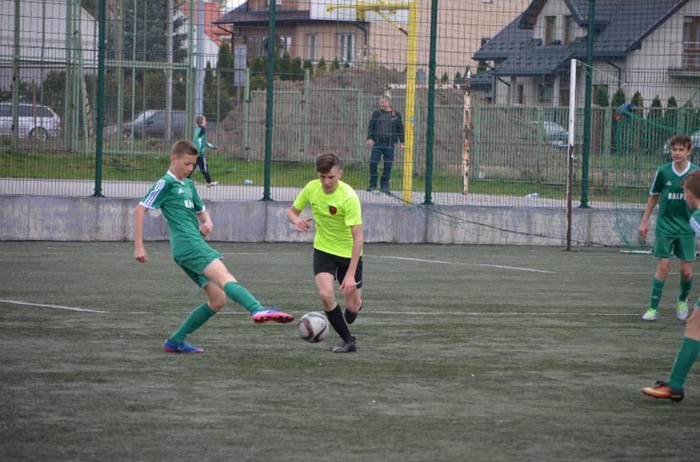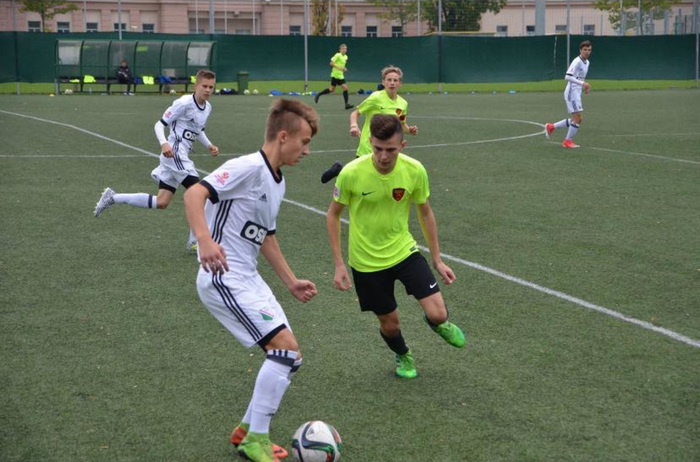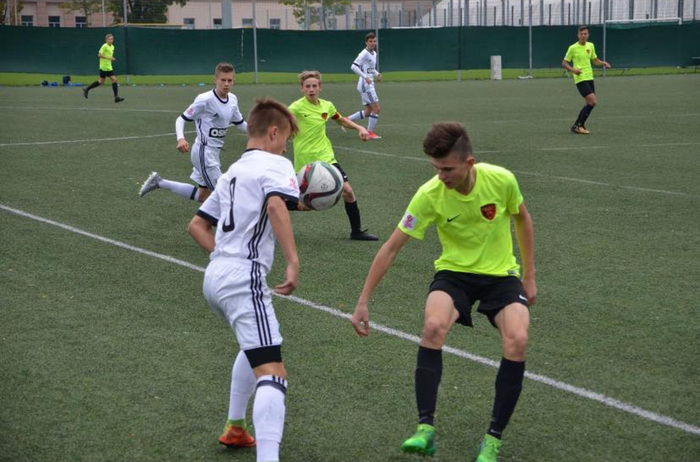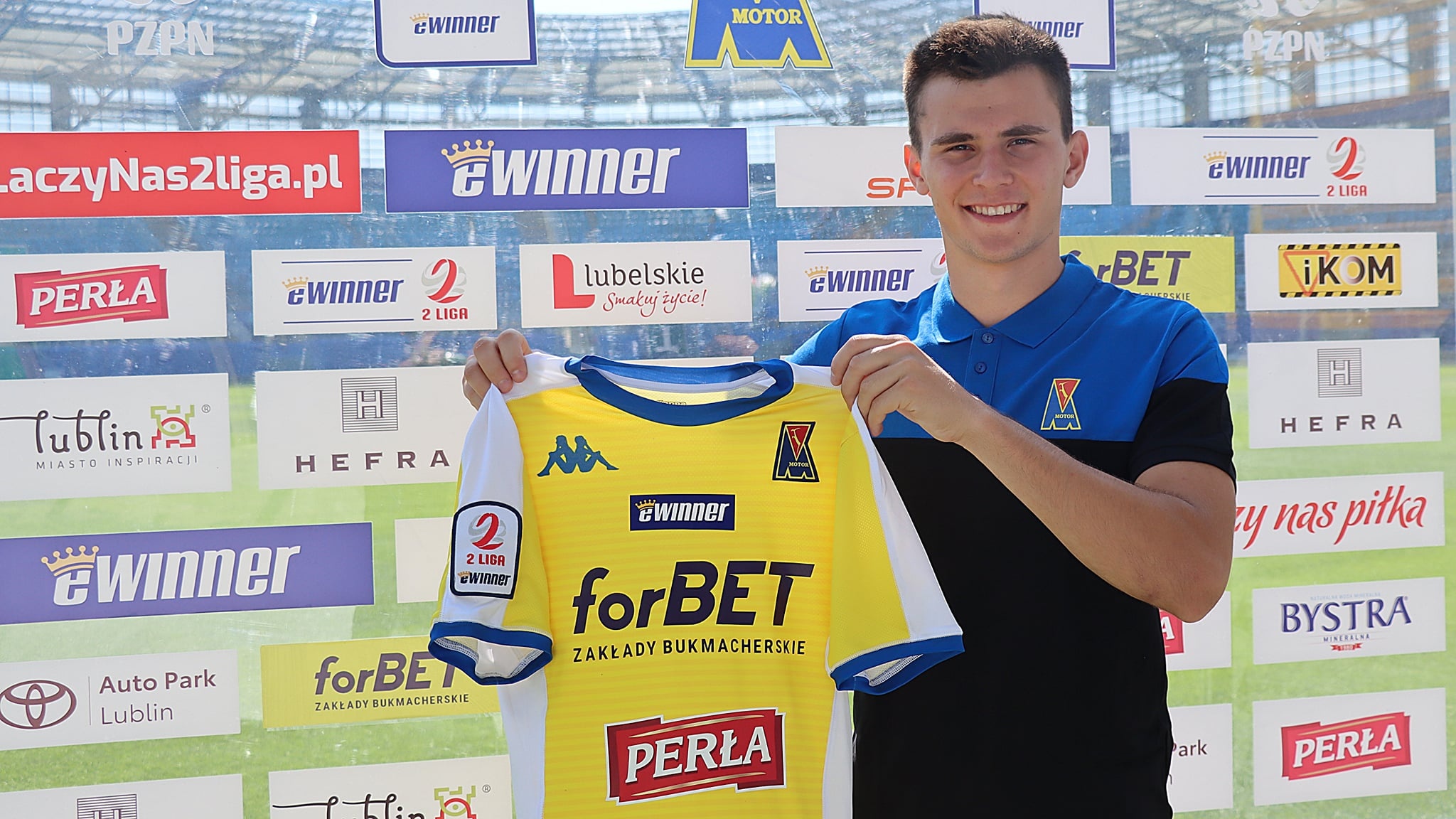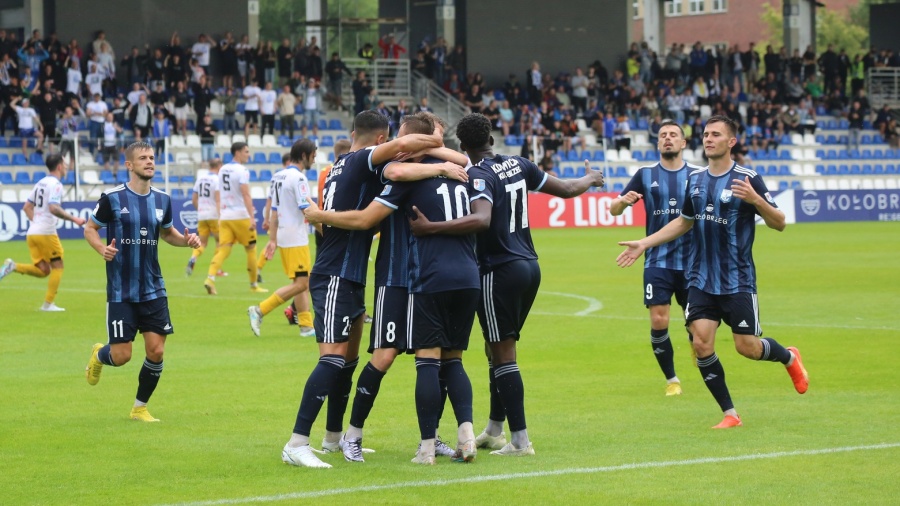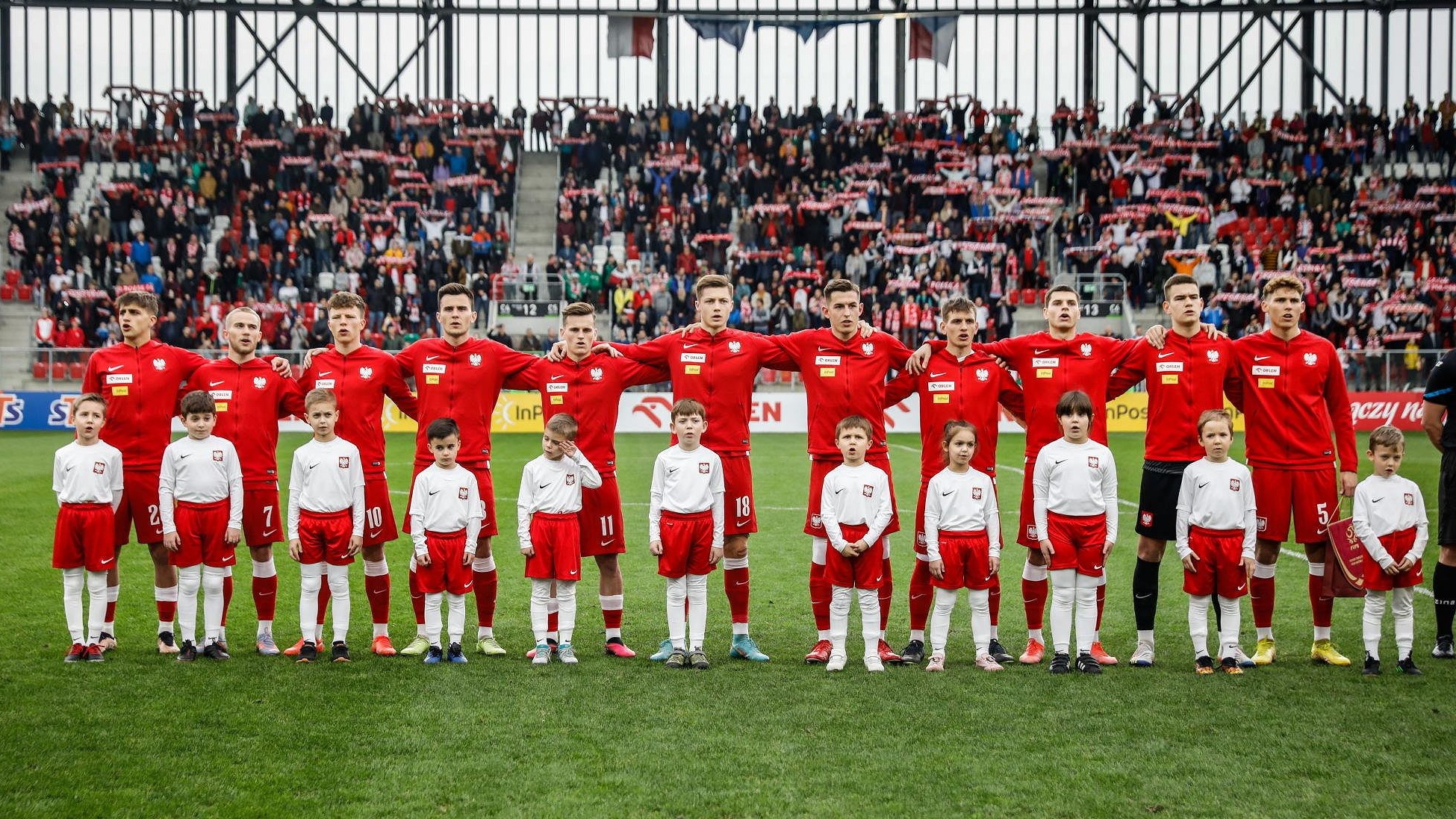Cezary Polak: Hard work, humility, and not focusing on the money. Without work, there's nothing...
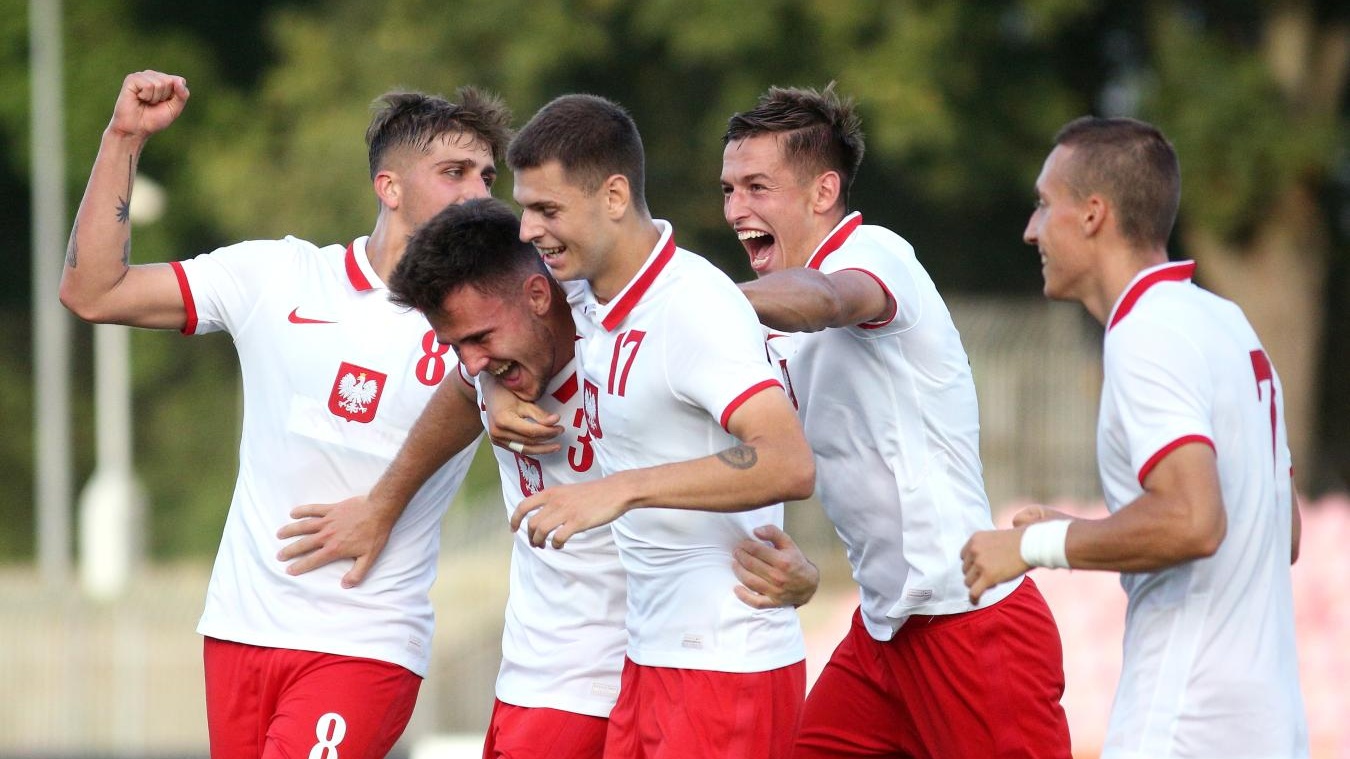
Welcome, Czarek. First, I would like to thank you for finding the time and willingness to share your experiences and knowledge gained in recent years, which have allowed you to achieve many sports successes. Before we invite our readers to get to know the content of the conversation, I would like to preface that we will not focus on current events from your football career (although there would be plenty of interesting topics to discuss). Instead, we will focus on what led you to where you are now and how, from your perspective, the development of a young footballer who strives to achieve as much as possible in their football career should look.
Starting from those earliest years, when one takes the first steps in an academy, a football school, or a youth team of a football club, what do you think is most important in the development of a young player - both from the perspective of training and the young boy or girl's approach to training sessions? How important are those first years of training and engagement in practice for football development?
— In my opinion, the most important thing is to know at such a young age that football is what I like, what I find fulfillment in, and that it shouldn't be imposed by parents or anyone from the outside, but should come from the heart. If you like what you do, you don't really get tired. As for the training itself, I think it's important that it's varied and comprehensive. For example, besides playing football at that time, I also played volleyball, handball, ran, and in winter, I even went ice skating. It developed me in a well-rounded way, and I wasn't bored. I simply embraced everything that was related to being active. I believe that's when it's decided whether someone will or will not be a footballer.
The vast majority of children start their football journey - in the form of organized training - at small football clubs. With hindsight and your experiences, tell us, do you see a difference in the level of training and gaining experience by young people who train daily in such small clubs, compared to those who have the opportunity to train in academies of professional clubs or generally in larger cities, where there is more competition and greater development opportunities?
— In reality, the biggest impact on a player's development is his coach and environment, but bigger clubs or academies have much greater possibilities. Different facilities, better and selected players, a broader coaching staff, simply more opportunities. However, this does not change the fact that small clubs can also provide professional training. Coaches with a feel for the player, with a professional approach, and the commitment of players or their parents to the development of children and the club. However, you can see a difference between players who start right away in big academies. To some extent, they have it easier in terms of football skills, they are better trained, so to speak, but they fall into frustration more easily. For example, because they don't play, or they have to do extra activities. Guys from smaller clubs, including me, took what was given. Nothing bothered us, and we could find joy in everything. We are motivated when someone praises us, and that drives us to even better work. I still feel the same way.
Referring to the previous question, do you think a young person, aged 7-10, who dreams of playing football professionally, should try to move from a small club to a much bigger one, as this will have an impact on their faster and better development?
— It depends. Not everyone can handle being away. There are people who, even at 18, struggle away from home or in a new environment, and there are those who at 6 handle it calmly. In my opinion, there's no one-size-fits-all answer. Parents and coaches need to make that call, but I think no one should be blocked from developing.
How significant a role do you think parents or guardians play in how the development and football career of a young player might unfold? Often, a child wants to train at a good club that's far from their current place of residence. This involves driving the child to and from the club or, at some point, finding them accommodation near the club. How much support from parents/guardians should a child have?
— I believe that parents and close family have the biggest impact on a young player. They can be negative and demotivating. Fortunately, it was different for me. I always had support. In moments of despair, when things weren't going well, Dad always said I had to keep working hard and it would pay off. He said hard work always defends itself and that I shouldn't look at others, just do my thing. My mom always supported me, too. My parents are present at the national team matches. They are the most important to me. I love them.
Based on your own experience and knowledge possibly shared by your teammates, tell us, what should the development path of a young footballer look like, who would like to be where you are at your age? We're talking about certain age ranges in which decisions are made to change the team, move to a better club, etc.
— As in the previous questions, it's hard to answer. It's simply important to approach development individually. Initially, coaches and parents guide you, later managers. I am lucky to have met good people in my life who have guided me, but each of them always repeats that I am where I am mainly due to my own work. That's the only recipe. WORK. Everything else will fall into place.
What did your football training look like in the early years and what does it look like now? Did you only attend club sessions in your youngest years? How often did you train per week then? How much time is spent on training in youth, junior, and professional football? What does a typical day of a professional footballer look like?
— Currently, I have very professional training at Kotwica Kołobrzeg. Despite being in the second league, there is a top-league quality staff. The coach has a lot of experience. Assistants - Hermes, who once played with world-class players like Rivaldo, and Kieruzel, who is a veteran in Polish football and, being a defender, gives me a lot of advice. I work a lot with analyst Karol, who brought me to Kotwica, and who takes care of analysis, individual and mental training. I also have a physical preparation coach, Bartek Pucuła. There's a lot of work and people involved. A day consists of breakfast, team training, additional gym training, analysis. This is followed by other activities. In youth football, all of this was simply less and at a different intensity. Initially, it was 2 training sessions a week, then 4-5. You can't compare that with senior training.
If a very young boy or girl came to you and said that their dream is to be a football player and wants to play in the future in the best football clubs, and then asked for some advice. What would those tips be?
— Work, humility, and not focusing on money. Without work, there's nothing. Without humility, it's very difficult to achieve anything, and money will come eventually.
I'll deviate from the main line of our conversation and now ask about your further plans and dreams :) You've shared your experiences from the past years with us. Tell us what are your plans for the coming years, what would you like to achieve, what goals to realize, and how do you see the path to their realization?
— I'm still following the plan that I outlined with my close ones, including Tomek Magdziarz and Arek Głowacki, my managers from Fabryka Futbolu. However, football is so unpredictable that you can't plan anything more than an hour ahead, because you might be surprised. Sometimes negatively, sometimes positively. My dream is to play for Poland. In a way, I'm already fulfilling it now, but for the 1st team. I always get goosebumps when I hear the Anthem. That's my goal. And as for club goals? To play and be healthy. That's all.
Would you like to send any greetings to someone at the end or add something from yourself, not necessarily related to the topic of the conversation?
— I would like to greet everyone who reads this, because in general, I like people.
Thank you very much for the conversation.
Marcin Sągol

